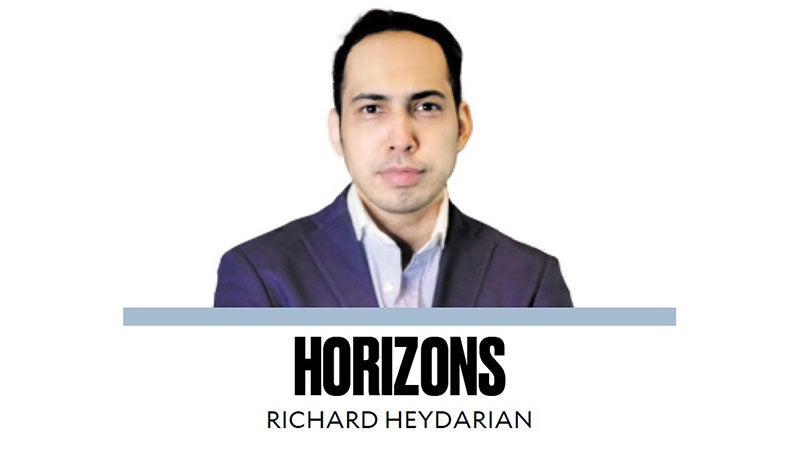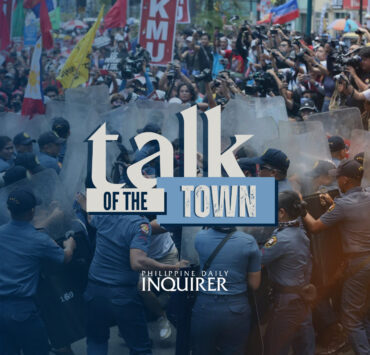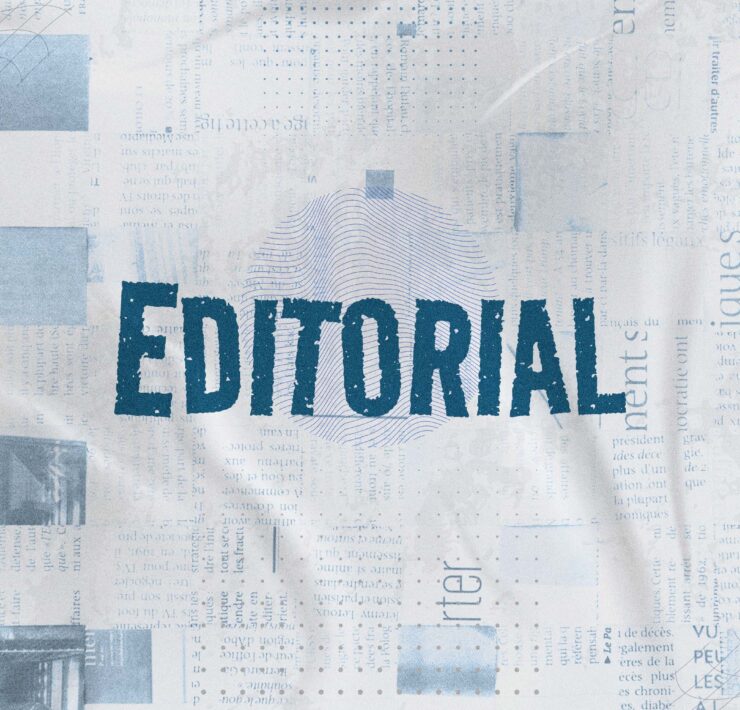Making the Philippines great again

We want a seat at the table. Otherwise, we are going to wind up on the menu,” I argued in a recent interview with The Financial Times. My comments came on the heels of the Munich Security Conference, where the second Trump administration effectively declared a new geopolitical era, where, to paraphrase Thucydides: “The superpowers do what they wish, and the rest suffer what they must!” United States President Donald Trump’s top deputies not only lambasted Europe’s supposed “wokeness” but also went so far as to forward-deploy concessions to Russia at the expense of Ukraine and the broader European community.
As if that weren’t humiliating enough, the US conducted direct talks with Russia in Saudi Arabia over the future of the Ukraine conflict without even bothering to invite representatives from Kyiv. Earlier, there were unconfirmed reports that Trump was exploring the reenactment of the 1943 “Tehran Conference”—when the US, the United Kingdom, and the Soviet Union jointly drew the contours of a new world order—via a historic trilateral meeting with both Russia and China. Incensed by America’s strategic callousness, Ukrainian President Volodymyr Zelenskyy criticized Trump as a hapless consumer of pro-Kremlin propaganda. The notoriously peevish US President lashed back by accusing the Ukrainian President of being a “dictator” just days after lavishing praise on the despot in the Kremlin.
The whole post-war ”transatlantic alliance” is now in doubt like never before. Ruthlessly transactional and deeply influenced by frontier-minded predecessors, such as Andrew Jackson and William McKinley, Trump has little regard for ”values-based” international entanglements. What he respects are sheer strength and naked interest. But America’s ”transpacific alliance” with key frontline states is in a far better shape.
US Secretary Marco Rubio held a cordial and substantive meeting with his Filipino counterpart, Secretary Enrique Manalo, on the sidelines of the Munich Security Conference. Over the past few weeks, multiple senior Philippine officials have held calls or directly met top officials of the second Trump administration. US defense aid to the Philippines will likely remain unmoved, while there is cautious optimism over the prospect of a new bilateral free trade agreement focused on specific sectors with clear geopolitical relevance.
Other Indo-Pacific partners such as Japan and India are also cautiously optimistic about the future of their bilateral relations with America. Nevertheless, the reality is that America is an unraveling superpower, both at home and abroad, while rising powers such as China feel entitled to greater sway and influence in the international system. In this new age of unvarnished superpower rivalries, we neither can rely on Washington’s “goodwill” alone nor can we afford to get naïve about revisionist powers’ hegemonic ambitions, especially in the West Philippine Sea.
We need to step up and, accordingly, embrace what I described in a recent American Affairs Journal essay as our ”middle power moment.” Lest we forget, we are among the world’s top 15 most-populous nations while boasting among the top 30 largest economies. If current trend lines continue, we are well on our way to joining the ranks of the 10 most populous nations and 20 largest economies in the not-so-distant future. It’s not only our growing size but also our deepening resolve that has made us an increasingly pivotal player in the world’s most geopolitically relevant region.
Under former president Benigno Aquino III, the Philippines became the only country that dared to take China to international court over the South China Sea disputes. And under President Marcos, we are the only Southeast Asian state to directly challenge China’s bullying tactics through our renowned “Transparency Initiative.” We have proven time and again that we are no pushovers. With billions of dollars annually going into our military modernization, thanks to our booming economy against all odds, the Philippines is well on its way to developing a midsized, modern, and capable 21st-century armed forces.
Far more than Trump or China, however, the greatest challenge to making the Philippines truly ”great again” has domestic roots. So long as the notorious Duterte dynasty destabilizes our politics, denigrates our alliances, and kowtows to aggressors with impunity, we will struggle to fully realize our potential as a major force in the Indo-Pacific region. And this is precisely why the upcoming midterm elections are about nothing less than our national interest—and collective fate as a nation.
—————-
rheydarian@inquirer.com.ph





















